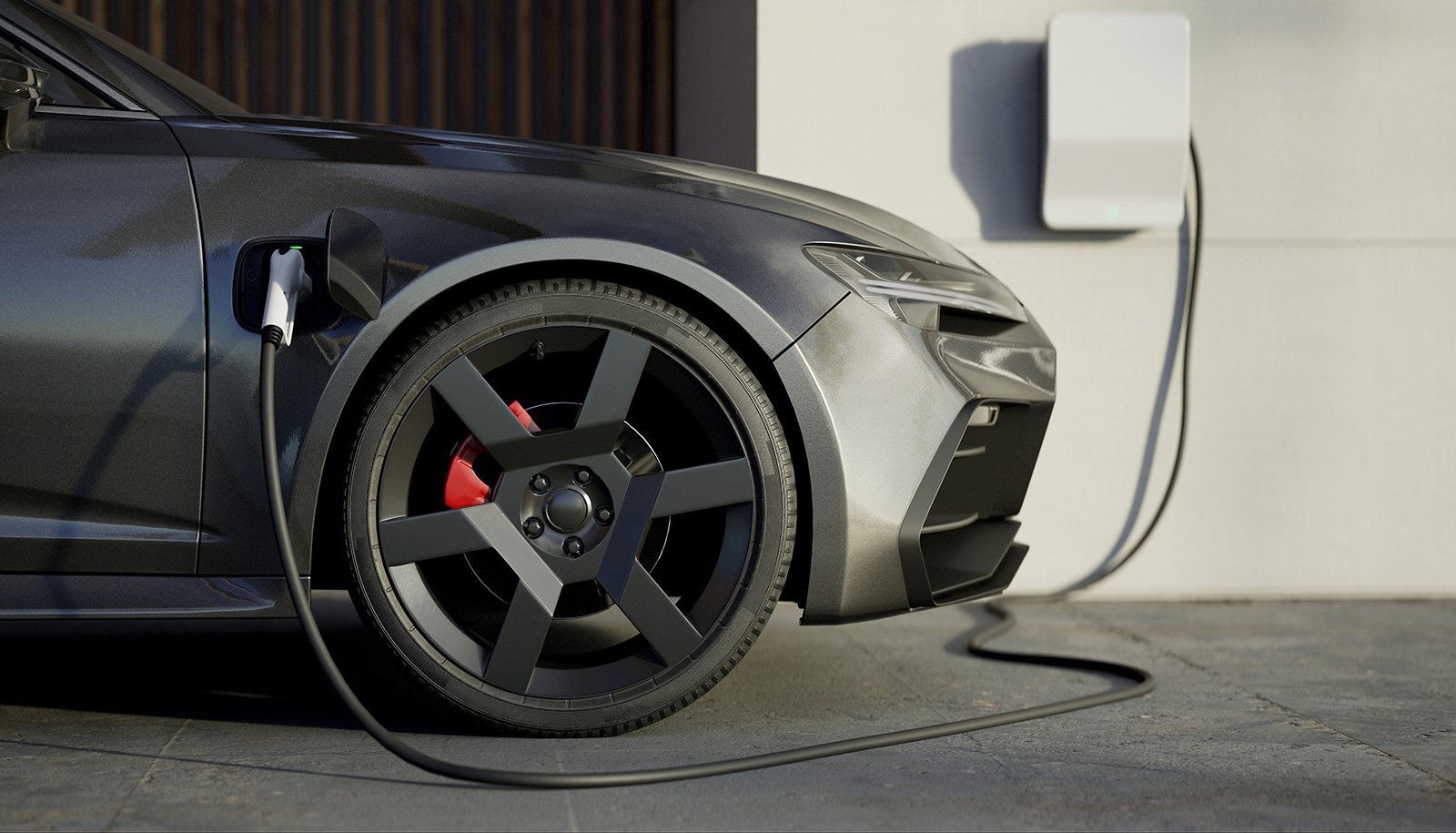Understanding the Most Expensive Cars to Insure and How to Save on Your Premiums
When it comes to car insurance, not all vehicles are created equal. Some cars can significantly impact your insurance premiums due to their repair costs, likelihood of accidents, and various other factors.

When it comes to car insurance, not all vehicles are created equal. Some cars can significantly impact your insurance premiums due to their repair costs, likelihood of accidents, and various other factors. If you’re curious about which cars are the most expensive to insure and how you can potentially lower your insurance costs, you’re in the right place.
What Are the Most Expensive Cars To Insure?
According to recent data from Lemonade Insurance, the Maserati Quattroporte tops the list of the most expensive cars to insure, with an annual premium averaging $5,024. This high cost is closely followed by the Audi R8, which carries an average rate of $4,568, and the BMW i8 at $4,372. These luxury and high-performance vehicles often come with hefty insurance costs due to their expensive parts and repair needs.
Other vehicles that also rank high in insurance premiums include:
- Mercedes-AMG GT: $4,130
- Nissan GT-R: $4,064
- Maserati Ghibli: $4,018
- Mercedes-Benz S-Class: $3,742
- Porsche 911: $3,734
- Tesla Model S: $3,620
- BMW 7-Series: $3,522
These vehicles generally reflect a pattern where luxury models, sports cars, and electric vehicles incur higher insurance costs.
What Types of Cars Are the Most Expensive To Insure?
Luxury Vehicles
Luxury cars often come with a price tag that extends beyond just the initial purchase. The cost of repairing or replacing parts on these vehicles is significantly higher compared to standard vehicles. Features like massage chairs, built-in entertainment systems, and advanced safety technology can drive up repair costs. While these features enhance the driving experience, they also mean that insurance companies face higher expenses if these vehicles are damaged or involved in an accident.
Sports Cars
Sports cars are designed for performance and speed, which unfortunately means they are more likely to be involved in high-speed accidents. Additionally, the parts required to maintain and repair these vehicles are often expensive. This combination of high-speed risk and costly repairs results in higher insurance premiums for sports cars.
Exotic Cars
Exotic cars, characterized by their limited production runs and exorbitant price tags, also face high insurance costs. Repairing exotic vehicles can be incredibly expensive due to their specialized parts and the potential need for imported components. The rarity of these cars means that finding replacement parts and qualified repair services can drive up costs, leading to higher insurance premiums.
Cars With Modifications
Vehicles that have been modified, whether for performance enhancements, aesthetic changes, or accessibility features, present unique challenges to insurers. Modified cars often have parts that are difficult to replace or may significantly alter the vehicle's safety profile. Consequently, insurers charge higher premiums for these vehicles to cover the increased risk associated with their modifications.
Electric Vehicles (EVs)
Electric vehicles are relatively new to the automotive market and come with their own set of insurance challenges. The cost of repairing or replacing an EV, particularly its battery and electronic components, can be significantly higher than for traditional vehicles. Additionally, the need for specialized repair shops to handle these advanced technologies contributes to higher insurance premiums for EVs.
What Makes a Car Expensive To Insure?
Several factors contribute to a vehicle’s high insurance premiums. For instance, the Maserati Quattroporte, with its starting price of $157,000, represents a significant replacement cost for insurers. The high cost of parts and specialized repair services for such vehicles can lead to steep insurance rates.
Other influencing factors include:
- Driving Record: A poor driving record can lead to higher premiums as insurers view drivers with a history of accidents or traffic violations as higher risk.
- Usage and Mileage: More frequent use and higher mileage increase the likelihood of accidents, which can result in higher insurance costs.
- Location: Urban areas with higher rates of theft, vandalism, and accidents typically have higher insurance premiums compared to rural areas. Secure parking and anti-theft features can help mitigate these costs.
- Regional Variations: Local factors such as litigation costs, medical and repair expenses, insurance fraud prevalence, and weather conditions can all impact insurance rates.
- Age and Gender: Younger drivers, particularly those under 25, often face higher insurance costs. Similarly, statistical data shows that men may experience higher rates compared to women due to a higher incidence of fatal accidents.
- Credit Score: In many states, a lower credit score can result in higher insurance premiums, as it is seen as an indicator of financial risk.
- Coverage Type and Amount: The type of coverage you choose, including the limits and deductibles, will also influence your insurance costs.
How Do I Get Low Rates on Car Insurance?
Reducing your car insurance premiums can be achieved through several strategies:
- Increase Your Deductible: Opting for a higher deductible can lower your premium, but ensure you can afford the higher deductible amount in case of a claim.
- Maintain a Clean Driving Record: A good driving history demonstrates lower risk to insurers and can qualify you for lower premiums and safe driver discounts.
- Take Advantage of Discounts: Many insurers offer discounts for various reasons such as being a good student, bundling multiple policies, military service, or membership in certain organizations.
- Maintain Continuous Coverage: Avoiding lapses in coverage ensures that you do not face higher rates when reapplying for insurance.
- Opt for Usage-Based or Pay-Per-Mile Insurance: If you drive less frequently or are a cautious driver, these insurance types can lead to lower premiums based on your actual driving habits.
- Shop Around: Comparing quotes from different insurance carriers is one of the best ways to find the most affordable policy. Make sure to get several quotes to ensure you’re making a well-informed choice.
- Utilize Insurance Platforms: Platforms like SmartFinancial can streamline the process of finding and comparing insurance quotes. By filling out a single questionnaire, you can connect with insurers and potentially secure a policy quickly.
FAQs
What factors contribute to high car insurance rates?
Several factors contribute to high car insurance rates, including the vehicle’s repair and replacement costs, its likelihood of being involved in accidents, and the overall risk profile of the driver. Luxury, sports, and exotic cars generally have higher insurance premiums due to their expensive parts and high repair costs. Other factors include the driver’s history, location, age, and credit score.
How can I lower my car insurance costs effectively?
You can lower your car insurance costs through several strategies:
- Increase your deductible: Opting for a higher deductible can reduce your premium, but ensure you can afford the higher amount in case of a claim.
- Maintain a clean driving record: Avoid accidents and traffic violations to demonstrate lower risk to insurers.
- Take advantage of discounts: Look for discounts like those for safe driving, good student performance, bundling multiple policies, or military service.
- Maintain continuous coverage: Avoid lapses in your insurance coverage to prevent higher rates when reapplying.
- Opt for usage-based or pay-per-mile insurance: These policies can be more cost-effective if you drive less frequently or are a cautious driver.
- Shop around: Compare quotes from different insurance carriers to find the best rate for your coverage needs.
- Use insurance platforms: Platforms like SmartFinancial can simplify the process of finding and comparing insurance quotes.
Are luxury cars always more expensive to insure?
While luxury cars often have higher insurance premiums due to their high repair and replacement costs, they are not always the most expensive to insure. Insurance rates depend on various factors, including the specific vehicle model, repair costs, and the driver's risk profile. Other vehicle types, such as sports or exotic cars, can also have high insurance costs.
What types of cars are the most expensive to insure?
The most expensive cars to insure typically include:
- Luxury vehicles: Due to their high repair costs and advanced technology.
- Sports cars: Because of their high-performance nature and increased risk of accidents.
- Exotic cars: Due to their rarity and expensive repair parts.
- Cars with modifications: As modifications can alter the vehicle's risk profile and repair needs.
- Electric vehicles (EVs): Due to their high repair and replacement costs, particularly for batteries and electronic components.
How does my driving history impact my car insurance rates?
A clean driving record generally leads to lower insurance premiums, as insurers view you as a lower risk. Conversely, a history of accidents or traffic violations can increase your rates, as it suggests a higher likelihood of future claims.
How does my location affect my car insurance rates?
Your location can impact your insurance rates due to factors such as the prevalence of theft, vandalism, and accidents in your area. Urban areas with higher crime rates and accident frequencies often have higher insurance premiums compared to rural areas. Secure parking and anti-theft features can help mitigate some of these costs.
How can I find the best car insurance rates?
To find the best car insurance rates, compare quotes from multiple insurance carriers. Shopping around and obtaining quotes from several providers allows you to evaluate different coverage options and rates. Utilizing insurance comparison platforms can also streamline this process and help you quickly find a policy that suits your needs and budget.
What's Your Reaction?



















